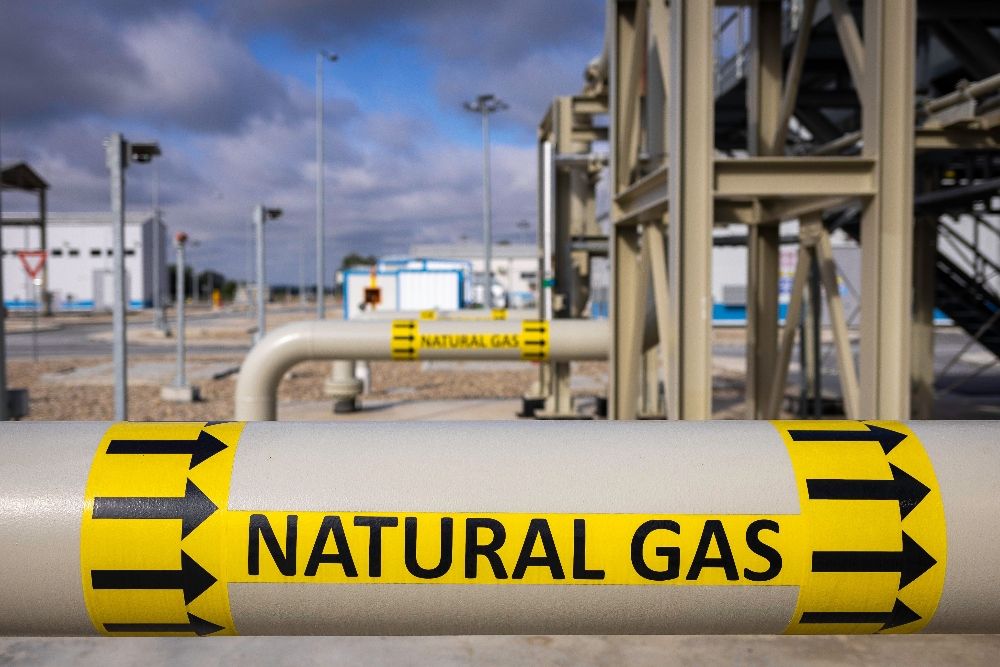To prevent future price shocks, Italian Energy Minister Gilberto Pichetto believes that the European Union must extend its emergency cap on gas prices.
The energy minister said on Friday the EU must set a ceiling of 60 euros per megawatt hour to prevent any spikes in prices, according to a report by Reuters.
The EU is on its toes after Ukraine had refused to renew a gas transiting deal with Russia, which expired on December 31.
The deal, which expired earlier this week, was in place from 2019, and was responsible for transiting Russian gas via Ukraine to Europe.
Ukraine had earlier said that it would not renew the deal with Russia as both countries were at war against each other.
European countries such as Austria, Slovakia and others remained dependent on Russian gas transiting via Ukraine.
At its peak, Russia accounted for nearly half of Europe’s gas imports.
Price cap expires in January
The existing price cap deployed by the EU is set to expire at the end of January.
The price cap only applies if gas prices in Europe exceeded 180 euros per megawatt hour.
However, the price has not exceeded this level since the early days of the Russia and Ukraine conflict, which began in February 2022.
The Italian minister was speaking during a radio interview:
I think the EU should at this point renew the price cap — and we asked for it — but not at 180 euros, now it should be set at 50 or 60 euros.
The minister also said that a price cap would put a brake on financial transactions that have nothing to do with raw materials, thereby reducing the burden on households and businesses.
Prices may jump
At the time of writing, the benchmark front-month gas contract at the Dutch TTF hub was down 1.5% at 49.40 euros per megawatt hour.
Earlier on Friday, the benchmark futures hit 50.17 euros per megawatt hour, its highest level in more than a year, according to the Reuters report.
The end of the transiting deal between Russia and Ukraine, and colder-than-anticipated weather forecasts in the EU this year could boost prices to around 84 euros per megawatt hour, Reuters quoted Goldman Sachs in its report.
Enough gas reserves
In the radio interview, the minister said Italy had enough reserves of natural gas to meet domestic demand for the next two months.
He further said that the country’s gas storages were nearly filled to 80% of its capacity.
Most countries in Europe had increased imports of liquefied natural gas since the Russia-Ukraine war to wean themselves off of Moscow’s exports.
According to Reuters, Italy is set to start a new floating terminal in April this year.
This terminal would be able to import up to 28 billion cubic metres of LNG per year.
This is the same amount of gas the country used to receive from Russia via Ukraine’s pipeline in 2021.
The post Why is Italy pushing for a 60-euro gas price cap in the EU? appeared first on Invezz

